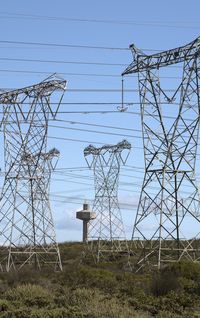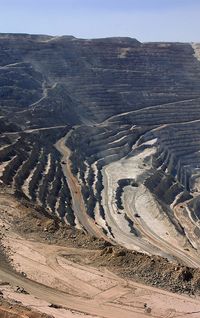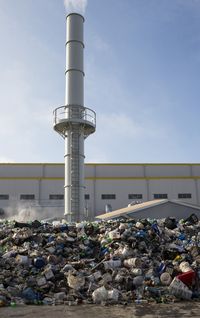The fashion these days in the debt market is to talk about green and sustainable loans. Recycling portfolios to maximise returns is old hat, in public at least, but there have been signs of banks upping their secondary loan sales and indeed taking big underwritings to then sell down. However, the rush to recycle appears to be in the rear-view mirror. The logic of recycling remains, but it is unclear if it is currently economic.
Could it be that the lack of recycling, in public at least, is a sign that bank loans are too cheap? Commercial banks are very keen on green and telecoms loans to such an extent that institutional debt investors feel crowded out, particularly of the greenfield space. As we discussed a month ago, the institutions are rapidly building up their own debt niches, such as with portfolio financings for green power developers and on brownfield assets. But banks rule the roost in some areas of the market, such as single asset deals and offshore wind.
Bank loan pricing has increased since the era of zero interest rates and the search for yield. But while underlying rates have shot up since then, margins have only crept up. So bank loans could still be said to be cheap. Selling on these cheap and competitive loans to others locked out of the deal in the first place is not possible unless banks are prepared to sell at a discount. That said, there are suggestions in the secondary market that discounting is not unheard of as banks, particularly larger banks, seek to increase their fire power for big underwriters by selling off some existing loans.
The other route for recycling is via securitisation. However, the last public securitisation of project finance loans in Europe was only transacted for repo liquidity purposes rather than for a sale or transfer of the assets. Last September, Santander structured its £704.9m Charlotte 2023 UK asset project finance cash CLO, whereas in 2017 and 2018 transacted two synthetic project finance asset transfer CLOs for €2.3bn and €1.12bn respectively. Maybe the yield on those deals looked attractive back then, whereas these days all competing yields are much higher.
Still, KfW IPEX-Bank, which must have one of the largest project finance books on the planet, has recently said it is exploring the use of significant risk transfer (SRT) tools, such as securitisation. A spokesperson said KfW IPEX-Bank must be able to manage its risk and capital as efficiently as possible and "against this background we are exploring if SRT could meaningfully complement our existing tools". One would have thought that is the same for all banks.
And in Asia last year, Bayfront in Singapore transacted its fourth securitisation, a five-tranche US$410.3m deal for project and infrastructure loans and bonds. Hong Kong Mortgage Corporation (HKMC) completed its first issuance of infrastructure loan-backed securities under its pilot scheme in a US$400m deal.
"Originate to distribute" was the mantra from a few years back – or indeed was it "originate and distribute" – and it now appears to be coming back into fashion. If you can underwrite and then sell the whole loan down, you have recycled at source. Perhaps this is most notable in the Gulf, where bidders for projects appoint one or two leads that then sell down the debt to a wider syndicate.
Marubeni is due to finance its US$600m 900,000-tonnes-per-year Abu Dhabi waste-to-energy scheme shortly via a fully underwritten loan from Standard Chartered. Banks are finalising their commitments to EDF and Korea Western Power's US$748m 1.5GW PV3 solar scheme being procured by EWEC. BNP Paribas and Credit Agricole are leading the deal. ACWA Power has signed the financing documents for the US$919m 180m-gallons-per-day Hassyan 2 independent water project backed by a US$738m project financing. The deal was led by MUFG and Standard Chartered.
Underwritings are common in the telecoms sector. French investment house Ardian has raised debt from Santander, MUFG, Intesa Sanpaolo, ING and NatWest backing its acquisition of and US$1.2bn commitment to finance UK and Nordics-focused data centre operator Verne Global’s growth. Nine banks underwrote Iliad and InfraVia’s French fibre joint venture Investissement dans la Fibre des Territoires’ €3.15bn debt package. Altice France’s fibre builder and operator XpFibre is raising debt to refinance via four banks. In the energy space, Idex has refinanced and extended its debt in a €1.7bn deal via four banks – BNP Paribas, Credit Agricole, Natixis and Societe Generale – and three institutions – AXA IM, Infranity and NNIP.
Of course, there is another reason why banks are not recycling. They are keen on loans once again, well green loans at least. And if banks do write non-green loans – albeit the green loan definition is very wide these days! – they will need to ensure the proportion of green loans to non-green loans improves. And the cycle, not the recycle, goes on.
















